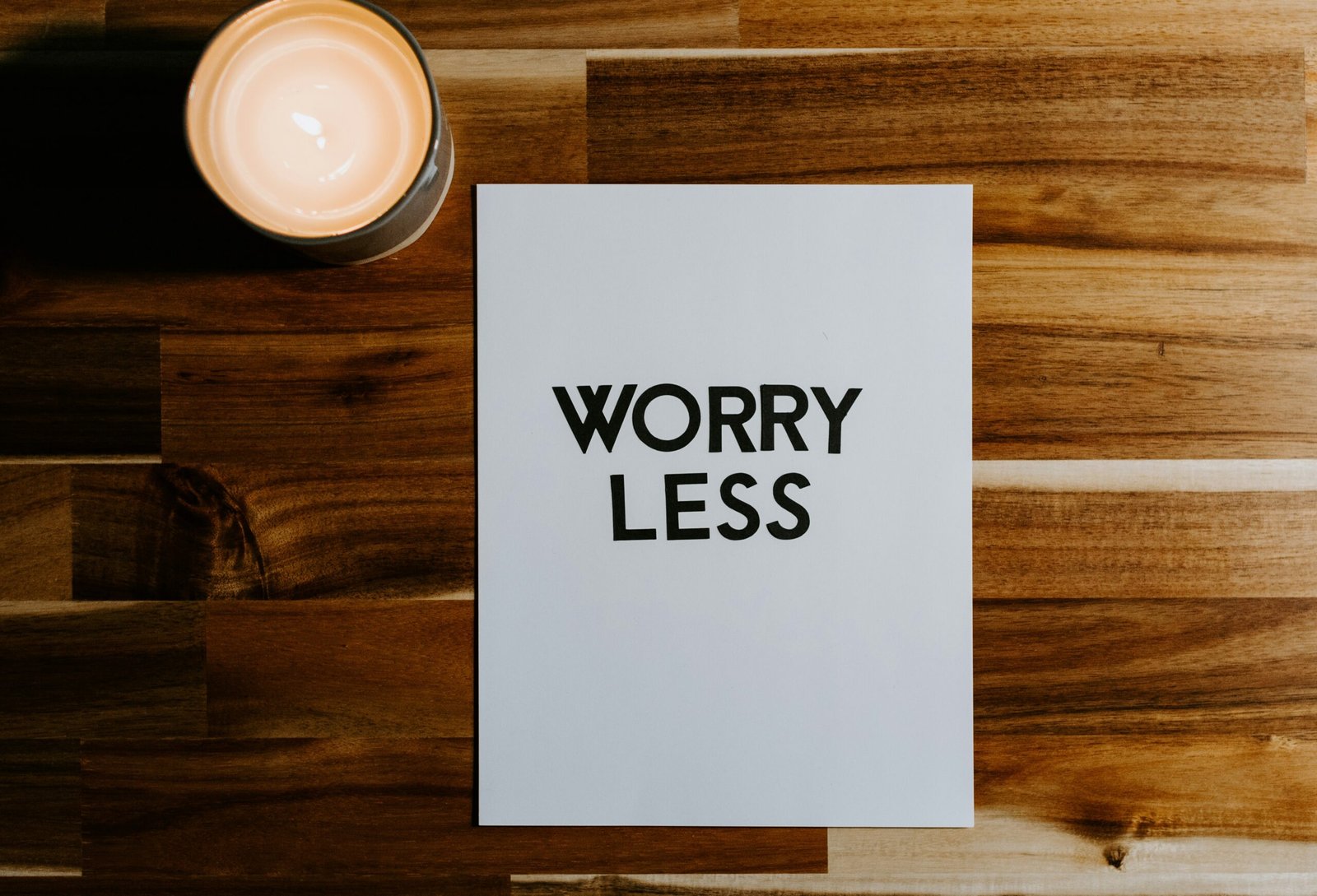Meditation: A Path to Mindfulness and Inner Peace
December 18, 2024 | by autumngoals.com

Photo by Shashi Chaturvedula on Unsplash
It’s easy to get swept away by the noise of everyday life. From work pressures to social media distractions, finding calm amidst the chaos can seem impossible. This is where meditation comes in—a time-honoured practice that offers more than just a moment of silence. Meditation has the potential to transform your mind, body, and soul, making it an essential tool for anyone seeking personal development, inner peace, and emotional well-being.
In this article, we’ll explore the many benefits of meditation and how it can enhance various areas of your life. From improving mental clarity and reducing stress to fostering deeper self-awareness, meditation offers a multitude of advantages that promote both personal and spiritual growth.
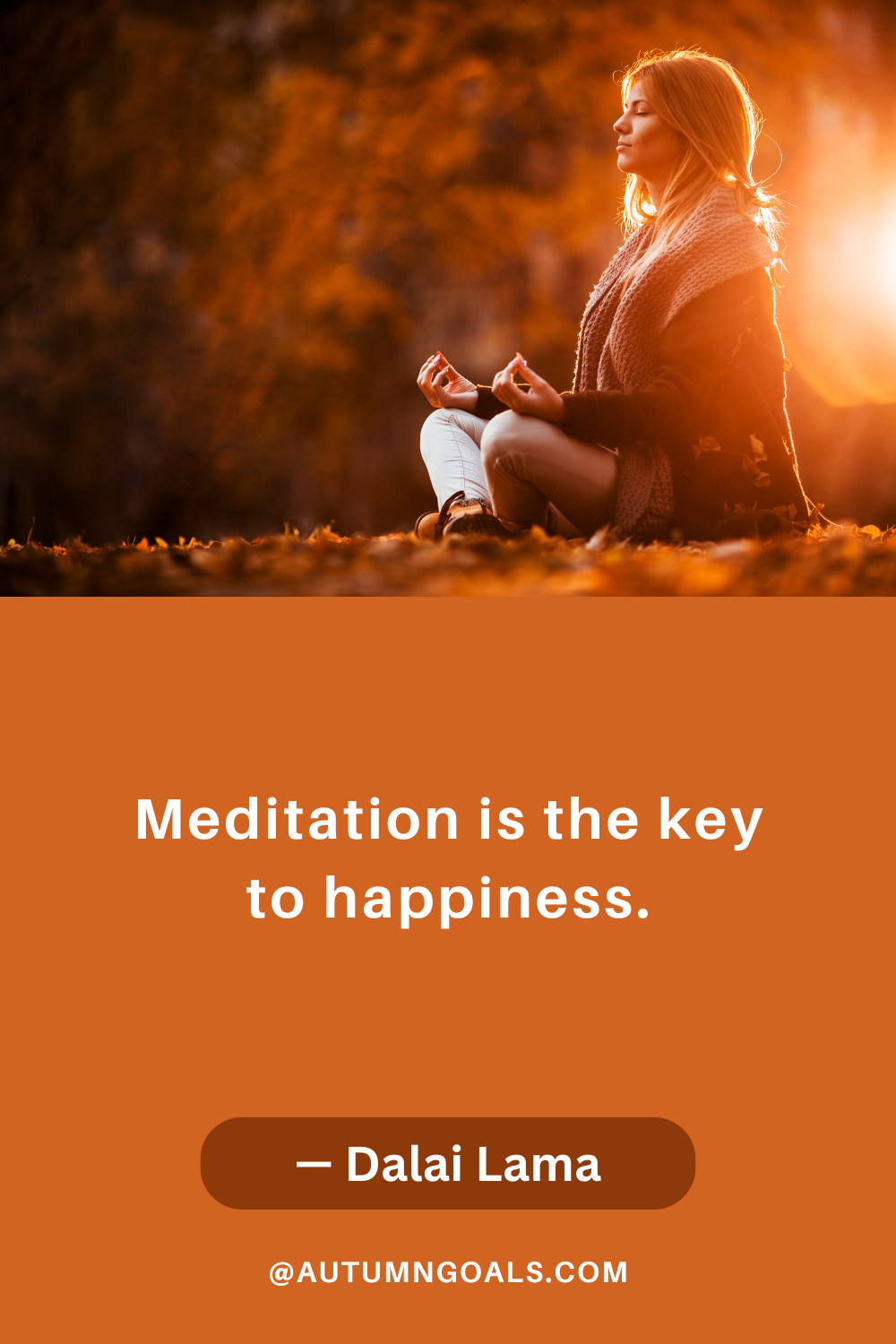
Stress Reduction and Anxiety Management
One of the most well-known benefits of meditation is its ability to reduce stress and anxiety. Our modern lifestyles are often filled with constant stimuli that activate the body’s stress response. Meditation provides a sanctuary of calm, giving the mind a break from its usual chatter.
According to Jon Kabat-Zinn, founder of Mindfulness-Based Stress Reduction (MBSR), “You can’t stop the waves, but you can learn to surf.” Meditation helps you do just that—manage life’s inevitable stressors by creating mental space and a sense of detachment from overwhelming emotions.
Through mindfulness meditation, you focus on the present moment without judgment. This allows your mind to relax and reduces the production of stress hormones like cortisol. Studies have shown that just 10-20 minutes of meditation a day can significantly lower stress levels and improve resilience to anxiety.
For example, a 2013 study published in the Journal of Clinical Psychology found that individuals practicing meditation experienced reduced levels of anxiety and stress over an 8-week period. Participants noted feeling calmer and more in control of their emotions, even in high-pressure situations.

Improved Focus and Mental Clarity
In a world filled with distractions, maintaining focus is becoming increasingly difficult. Meditation helps train your brain to concentrate on a single point of attention, which can be your breath, a mantra, or even an object. By practicing this focus, your mind becomes sharper and more disciplined over time.
As Deepak Chopra said, “Meditation is not a way of making your mind quiet. It’s a way of entering into the quiet that’s already there.” Regular meditation clears away mental clutter and helps you enter a state of calm awareness, enhancing your ability to focus and make decisions with clarity.
A 2014 study published in the journal Psychological Science demonstrated that mindfulness meditation improved participants’ focus and attention span. The study showed that those who meditated performed better on tasks requiring sustained attention than those who didn’t meditate.
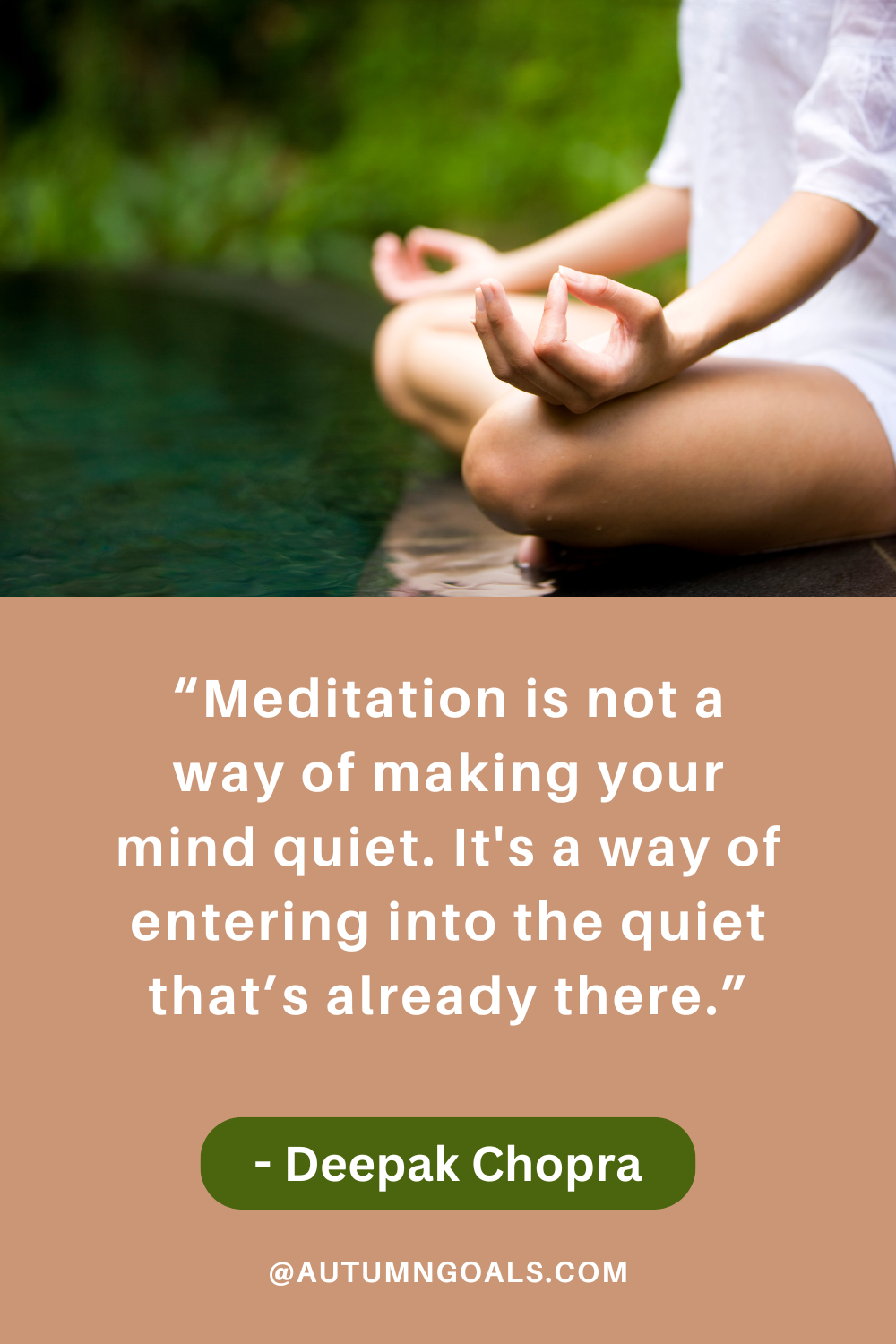
Enhanced Emotional Health and Stability
Meditation is a powerful tool for emotional well-being. By observing thoughts and feelings without attachment, you gain the ability to navigate your emotions with greater ease and perspective. This leads to enhanced emotional intelligence and the ability to manage negative emotions like anger, frustration, and sadness.
Meditation teacher Tara Brach speaks to this: “Meditation is not evasion; it is a serene encounter with reality.” When you meditate, you become more attuned to your inner emotional landscape, allowing you to process emotions in a healthy and constructive way. This practice encourages emotional stability, less reactivity, and improved relationships with others.
A 2015 meta-analysis published in JAMA Internal Medicine showed that mindfulness meditation can help treat symptoms of depression and anxiety. The study highlighted that participants who meditated experienced fewer mood swings and greater emotional balance over time.
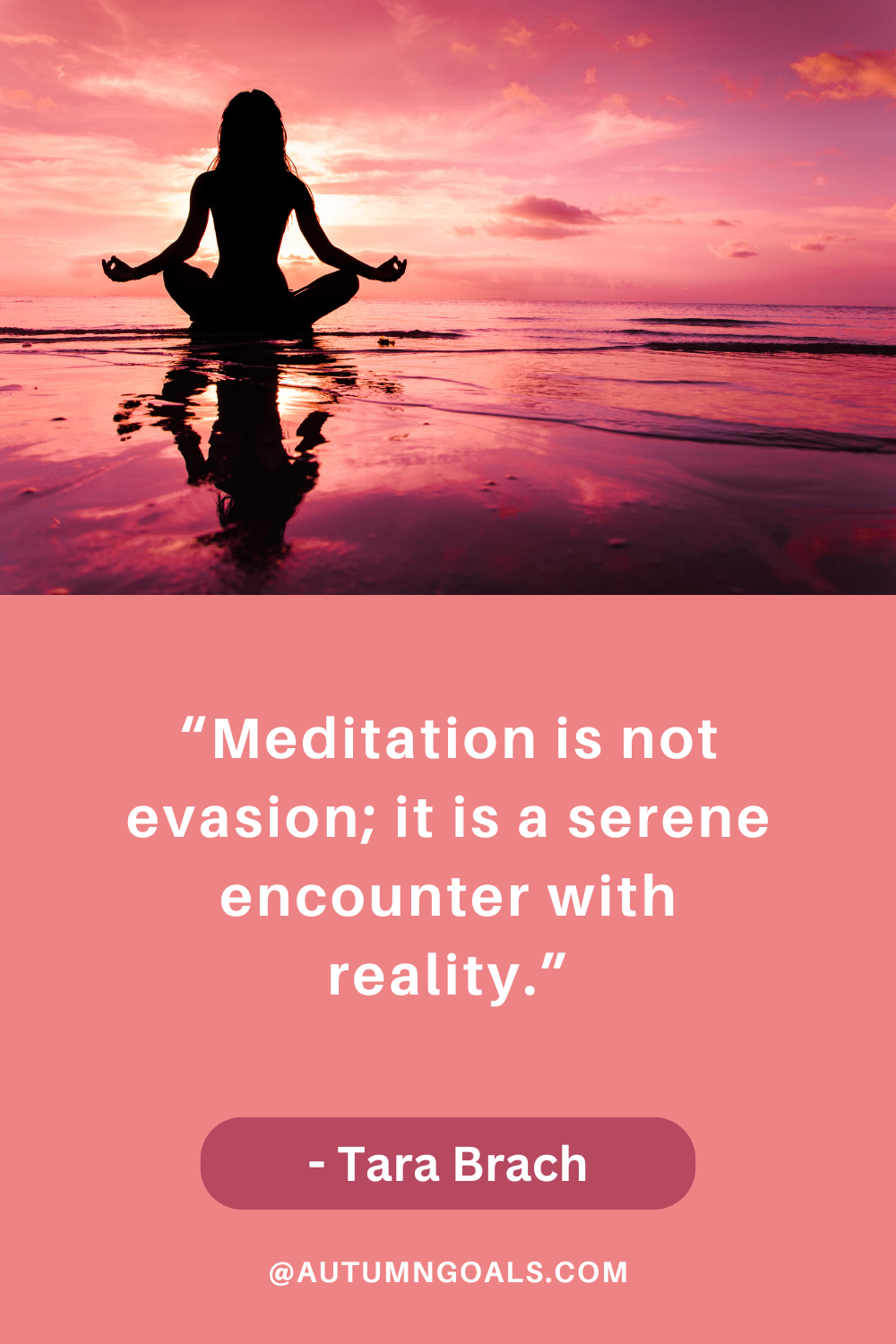
Increased Self-Awareness and Personal Growth
Meditation is a gateway to self-awareness. By turning your attention inward, you become more conscious of your thoughts, habits, and emotions. This heightened awareness encourages personal growth by revealing areas of your life where change or improvement may be needed.
As Eckhart Tolle writes in The Power of Now, “Awareness is the greatest agent for change.” Through regular meditation, you can observe the patterns of your mind, identify limiting beliefs, and begin to shift your perspective. This practice opens the door to personal development by helping you become the best version of yourself.
Many successful individuals attribute their personal growth to meditation. Oprah Winfrey, for example, has publicly shared how her regular meditation practice has deepened her self-awareness, improved her decision-making, and increased her overall sense of fulfilment in life.
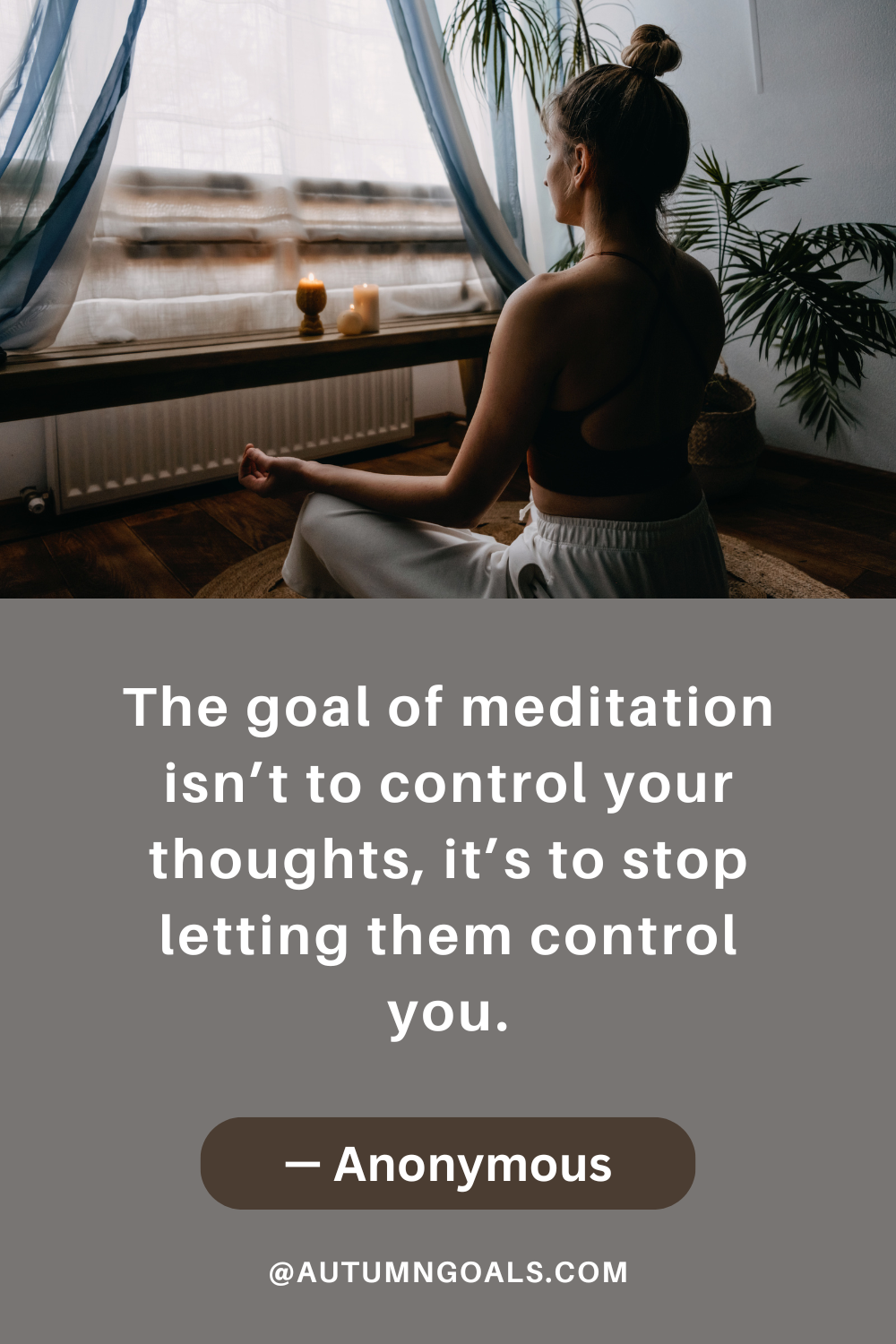
Better Sleep and Relaxation
A restless mind often leads to restless nights. Meditation helps calm the mind and body, making it easier to fall asleep and enjoy deeper, more restorative sleep. By incorporating meditation into your daily routine, you can reduce insomnia and improve the quality of your sleep.
According to Matthew Walker, a neuroscientist and sleep expert, “Meditation can help you detach from the mind’s constant racing, allowing for a much smoother transition into sleep.” Meditative breathing exercises, progressive relaxation, or guided meditations focused on sleep can quiet the mind and prepare your body for rest.
A study published in the journal Mindfulness in 2012 found that individuals who practiced mindfulness meditation reported better sleep quality and reduced symptoms of insomnia compared to those who did not meditate.
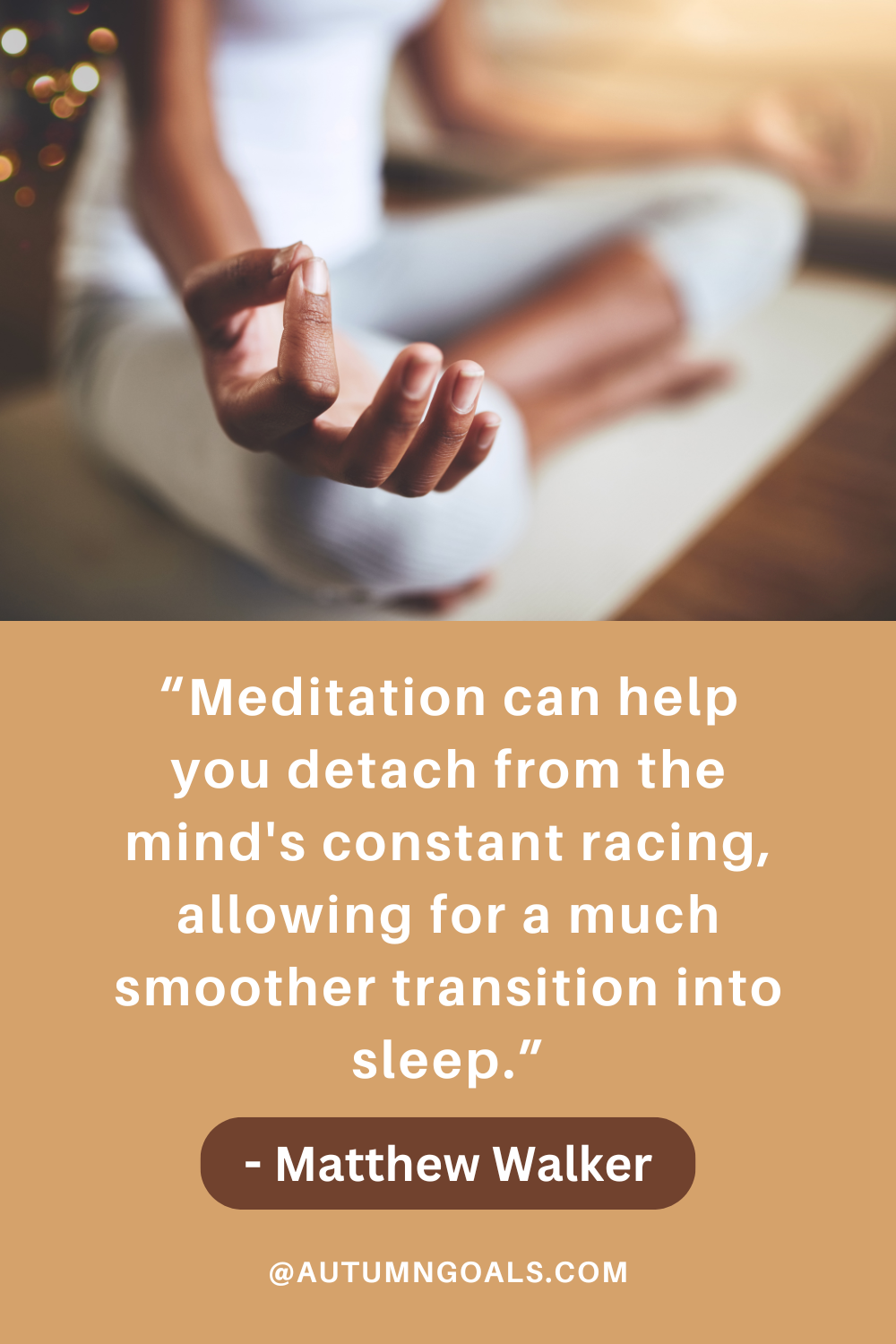
Boosted Creativity and Problem-Solving Skills
Creativity thrives when the mind is open and flexible, and meditation is a fantastic way to foster this mental state. Through mindfulness practices, you can quiet the analytical part of the brain and allow the creative side to flourish.
Meditation teacher Sharon Salzberg said, “With mindfulness, we are learning to let our minds see things as they are—open and curious.” Meditation encourages a state of curiosity, free from judgments and preconceptions, which allows new ideas and solutions to emerge. It boosts creativity by expanding your awareness and freeing your mind from habitual thought patterns.
Many well-known creatives, including Steve Jobs, have credited meditation for enhancing their creativity. Jobs famously meditated regularly and believed it played a significant role in his innovative thinking and problem-solving abilities at Apple.
Improved Physical Health
Meditation doesn’t just benefit your mental and emotional well-being; it also has a profound impact on physical health. Numerous studies have linked meditation to improved heart health, lower blood pressure, reduced inflammation, and even enhanced immune function.
Regular meditation has been shown to promote relaxation and lower levels of chronic stress, which can contribute to a healthier body. Deep breathing techniques often practiced during meditation increase oxygen flow to the body’s tissues, improving circulation and supporting overall health.
A study published in Circulation: Cardiovascular Quality and Outcomes in 2012 found that individuals who practiced transcendental meditation had a 48% reduction in the risk of heart attack, stroke, and death compared to those who didn’t meditate. Meditation’s positive impact on physical health cannot be overstated.
Spiritual Connection and Inner Peace
For many, meditation is a spiritual practice that fosters a deep connection with themselves and the world around them. Whether you follow a particular religious tradition or not, meditation provides an opportunity to cultivate inner peace and a sense of oneness with the universe.
As Dalai Lama said, “Do not let the behaviour of others destroy your inner peace.” Meditation teaches you to go within and connect with your true self, cultivating a sense of tranquillity and acceptance that is unaffected by external circumstances.
Meditation also helps you develop compassion and empathy, both for yourself and others. This sense of interconnectedness and peace extends into your daily life, allowing you to respond to challenges with grace and kindness.
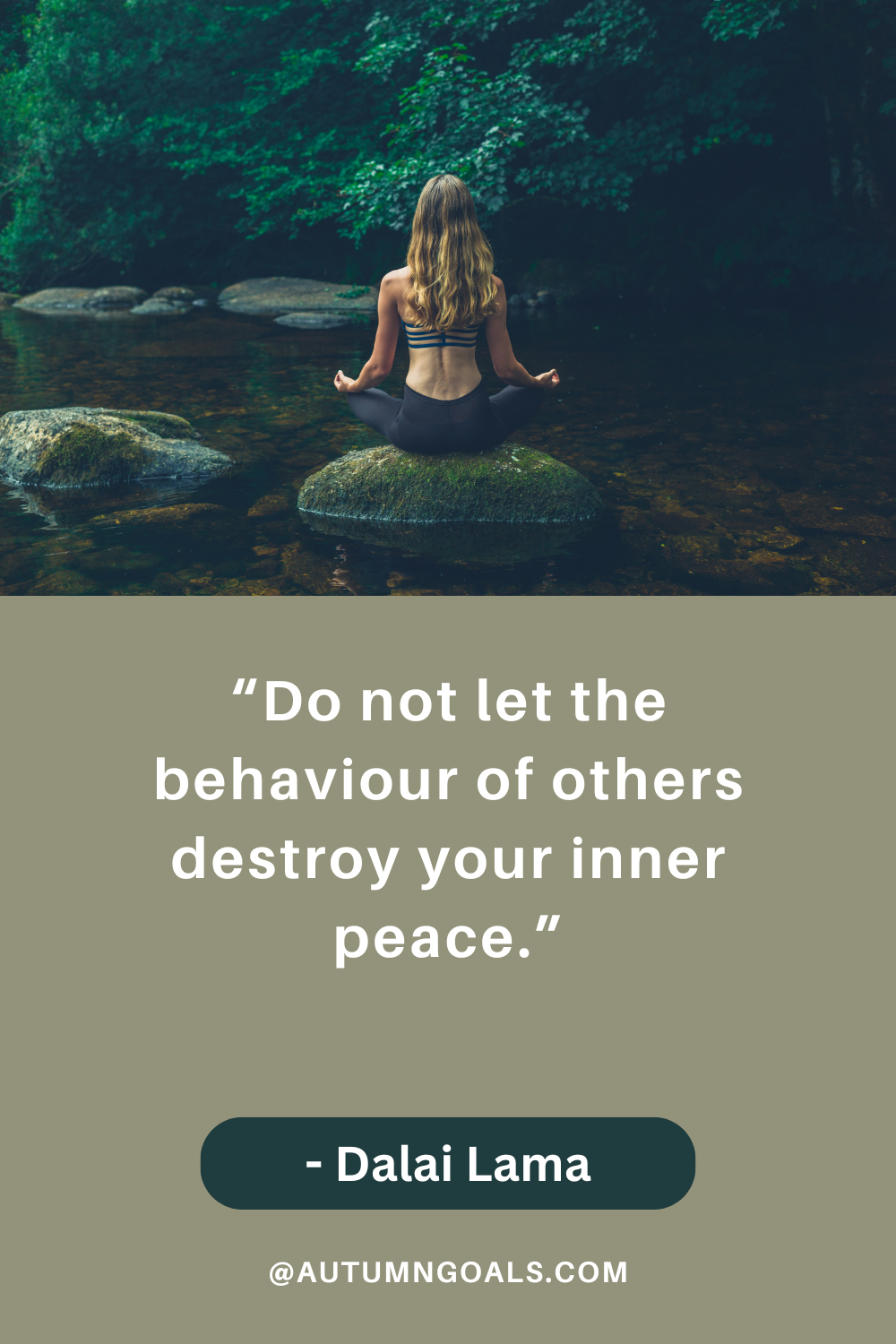
Cultivating Mindfulness for a Better Life
The benefits of meditation go far beyond just stress relief. It is a powerful tool for transforming your life—mentally, emotionally, physically, and spiritually.
As you embark on your meditation journey, remember that consistency is key. Whether you meditate for 5 minutes or 50 minutes, the important thing is to make it a regular practice. Over time, you’ll notice the profound impact it has on every aspect of your life.
Meditation allows you to cultivate mindfulness and inner peace, both essential components of personal development. By embracing this ancient practice, you can unlock the door to a more mindful, compassionate, and fulfilled life.
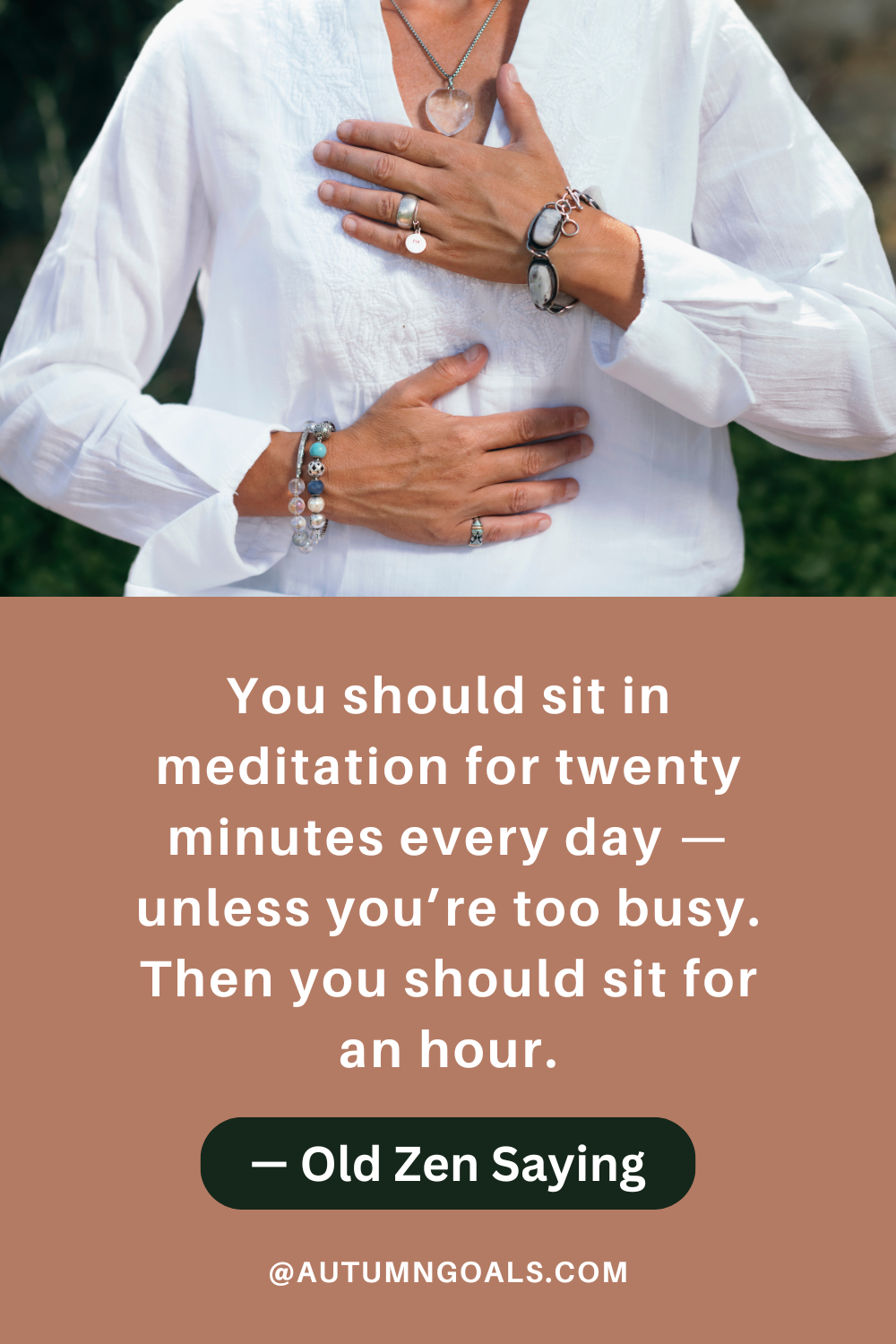
RELATED POSTS
View all



